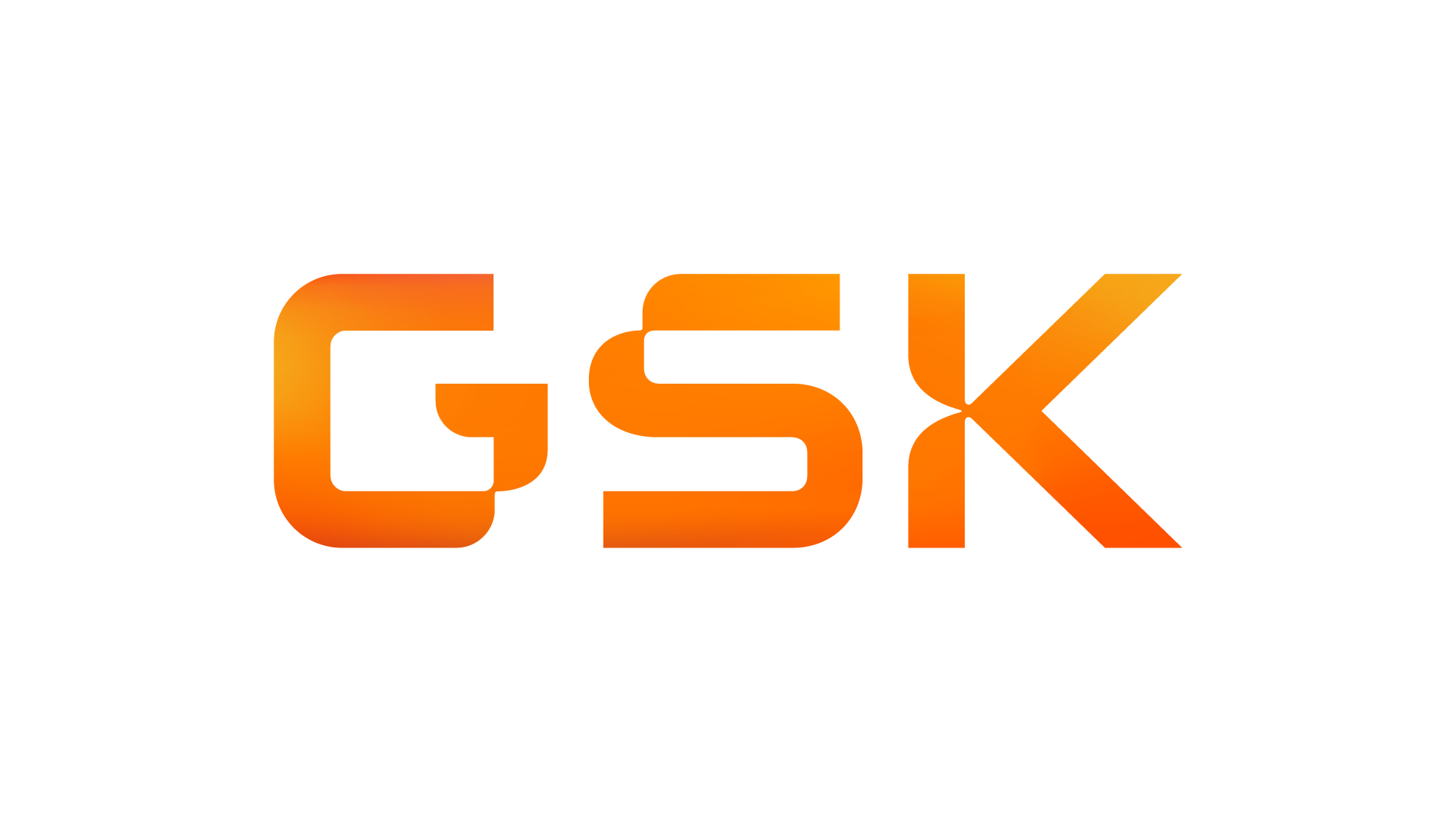Our Members

GSK
| About | Uniting science, technology and talent to get ahead of disease together. |
| Studies Listed for Sharing | GSK-sponsored studies are listed for data sharing once a medicine or vaccine has been approved by regulators or terminated from development across all indications and the study has been accepted for publication. Global interventional trials since the formation of GSK in December 2000 and all interventional clinical trials conducted with products starting in or after 2013 have been listed.
An Enquiry Form can be submitted to confirm the availability of a specific study. |
| Exceptions |
|
| Anonymization Standards |
Data de-identification will be performed using rule-based approach in accordance with the Safe Harbor method under HIPPA, industry’s best standards from PhUSE, TransCelerate, and regulatory guidance from EMA and Health Canada. This is to safeguard the privacy of participants in studies conducted by GSK in line with the International Conference on Harmonization and Good Clinical Practice (ICH/GCP). The overall aim is for a pragmatic balance, ensuring an acceptably low risk of patient re-identification whilst retaining data utility. The following data protection procedures for personally identifiable information are performed by GSK prior to data sharing:
The basic datasets researchers will access may differ from those submitted to regulator(s) or used in publication(s) due to the de-identification process, potentially preventing researchers from fully replicating the results of GSK’s analyses |
| When Studies are Available for sharing | Within 6 months of:
|
| Additional Conditions for Access | When patients agreed to take part in GSK clinical studies, they gave permission (through informed consent) to use their data to study the medicine or disease GSK were researching.
Further research must therefore study the medicine or disease that was researched in the original studies. Research teams must be appropriately qualified and should include a biostatistician to perform analyses. GSK will provide access to the relevant data subset within a secure data access system. Interim data from clinical trials will generally not be shared by default, although efforts will be made to share such data in long-term, event-driven trials (such as oncology). Data will not be provided to requesters where there is a potential conflict of interest, data is to be used for a commercial purpose or there is an actual or potential competitive risk. Data will not be provided to the requesters to construct an AI-ML model that will serve as the foundation for a commercial product or where the codes, scripts, parameters, final model, resulting software are not made accessible to the wider community via an open-source platform like GitHub, regardless of publication. Researchers are required to sign a Data Sharing Agreement. |
| What information will be provided | Where available, the following anonymized patient level data and information is provided for each clinical study:
🗹 Raw dataset. This is the dataset collected for each patient in the clinical study. Patient images from studies are not shared. 🗹 Analysis-ready dataset. This is the dataset used for GSK’s analysis and will be provided for studies that were completed in or after 2007. 🗹 Protocols with any amendments. This describes the objectives, design, methodology, statistical considerations, and organization of a clinical study. The protocol is part of the appendices of the clinical study report. 🗹 Annotated case report form. This is a blank case report form with descriptions of the data collected and how they are described in the dataset. 🗹 Reporting and analysis plan. This describes methods of analysis, procedures for data handling and data displays (figures and tables) GSK used for the study. 🗹 Dataset specifications. This is the meta-data which describes the datasets e.g., variable labels, variable descriptions, code lists, formats. 🗹 Clinical study report Synopsis. This is a summary of the results. |
| Questions or enquiries | Researchers can enquire about the availability of data from GSK clinical studies that are not listed on the site before they submit a research proposal. GSK may be able to share such data on request, provided it is suitable under GSK’s feasibility criteria and additional conditions described above. |
| Data Request Review Process | Consistent with expectations of good scientific practice, researchers can request access to our studies by providing a research proposal with a commitment to publish their findings. The research proposal is reviewed by an independent review panel. This is a team of external independent experts. |
| Review Criteria for Data Requests |
|
| Access to study documents without participant-level data | Researchers can access clinical study documents on the GSK Study Register. If the documents needed are not available on the register then an enquiry can be submitted via the Vivli Enquiry Form, indicating the reason of request. |
| Clinical Study Register or Website | https://www.gsk-studyregister.com/ |

